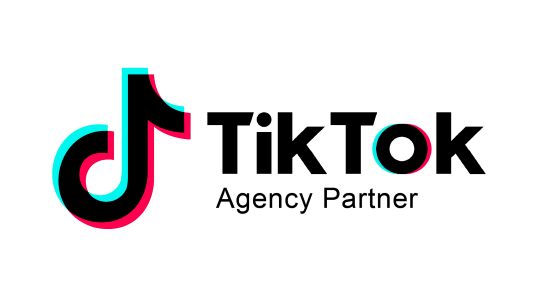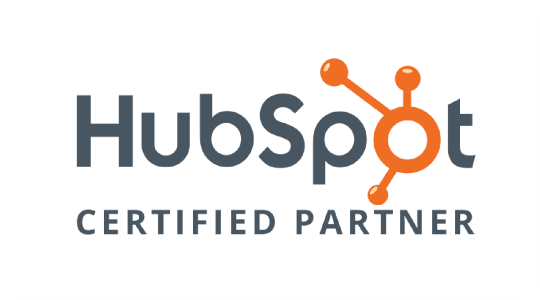What Is PBN? Get to Know One of the Tools that Boosts Your SEO Rankings.
What is PBN? As the name suggests, the acronym for Private Blog Network, PBN, is a network of private blogs created to generate backlinks to the owner’s primary domain to boost SEO rankings.
A technique considered the heart of SEO is generating backlinks to the owner’s website. The primary purpose of backlinks is to let the Googlebot evaluate your website as reliable since other websites use your site as their reference source.
However, building backlinks isn’t easy for many SEO performers, especially on a newly built website. Getting other websites to link back to your site is challenging, let alone acquiring high-quality backlinks from reputable websites. This is where PBN comes in.
Let’s look at what PBN is, why it matters, and its pros and cons.

Table of Contents
What Is PBN?
PBN is a network of private blogs that aims to earn backlinks to the owner’s website. It’s one step in the off-page SEO process which helps boost a website’s potential. Building a PBN means you own a network or websites with content that supports the content on your main website. It gives the same results as earning backlinks from websites owned by others.
When Googlebot sees the link connections from the PBN websites containing data, content, and reliable sources, it results in a higher SEO ranking for the main website. For Google, no matter when the website was created, if there’s enough helpful and reliable information for both the Googlebot and users, it’ll positively affect search engines and SEO rankings.
However, PBN doesn’t always offer advantages. If you run a business and want to create a PBN, you need to register a domain and rent additional web hosting. Of course, this entails a bigger budget for creating a website, hiring content creators, and getting someone to manage the content. The higher the PBN website quality you want, the higher costs.
For instance, If you register ten domains, you need to rent the web hosting with different IPs for each domain since renting a shared hosting to create a PBN will hardly benefit your SEO. Although PBN is rather costly, we recommend it if you have enough budget because the results are worth it.
Types of PBNs
Generally, there are two types of PBNs: quality PBNs and non-quality PBNs.
Quality PBNs
Quality PBNs refer to websites you create yourself, whether you write your own content or take it from elsewhere. In fact, websites where you regularly read the news or search for information could be someone’s private network because this type of PBN is practically similar to having a primary website.
Advantages of Quality PBNs
- There’s almost no chance of being banned by Google as your PBN is created legitimately and customised according to the algorithm guidelines in all aspects.
- You can manage the content on your PBN to have the same kind of content as on your main website to help boost backlink potential, so your website ranks faster.
- You can control your keywords as needed and input as many keywords as you want.
- Backlinks can be changed easily, so you can change them whenever Google releases an algorithm update.
- This type of PBN can last for a long time without changing them often.
- They can mitigate costs in the long run compared to buying 1-1 backlinks.
Disadvantages of Quality PBNs
- It is time-consuming as this type of PBN is like creating new websites, which take time to customise properly. In general, it takes around six months or longer.
- Quality PBNs also require teams to operate. Thus, you need a budget to hire more staff to manage the website.
- Non-quality PBNs are easier and quicker to build.

Non-Quality PBNs
Although the name suggests non-quality, this isn’t accurate. Non-quality PBNs refer to a network of numerous websites with high DA, DR, and PR scores but not website traffic. Non-quality PBNs are high-score websites created solely for SEO purposes, but have very few real visitors – perhaps because there are no ranked keywords on the search results page that will lead traffic to the websites. Due to this lack of SEO quality, non-quality PBNs are considered a shortcut that gives faster results.
Therefore, many SEO performers use the number of websites with backlinks in exchange for lost traffic to get the website ranked. However, it needs consistency and requires a large number of PBNs.
Advantages of Non-Quality PBNs
- This type of PBN involves buying expired domains with backlinks so you can immediately change to new content and adjust it for your SEO.
- There’s a chance for the website to rank faster than usual.
- It’s easier to manage your time since you’ll just have to change the articles and generate backlinks according to the keywords you want, and then keep doing this on every website.
- They usually cost less because expired domains with high scores are generally inexpensive and they don’t require a big team to update the content.
Disadvantages of Non-Quality PBNs
- There’s a high chance of getting banned by Google or experiencing a drop in rankings, as Google will not count PBN scores to the new domain.
- A non-quality PBN SEO duration is relatively short, mostly about 1-2 years.
- There’s a chance that it won’t work if not done correctly, which means you’ll waste both money and time.
- They require consistency and continuity as it doesn’t earn organic backlinks.
All things considered, quality PBNs are more suitable for performing SEO in the long run. More importantly, you don’t have to risk getting penalised by Google because they’re new websites you create on your own.
Still, quality PBNs are rather costly, so they suit businesses with a big budget. On the other hand, non-quality PBNs use expired domains so despite higher chances to get ranked higher and quicker, they’re at higher risk of being banned and last shorter than quality PBNs.
Summary
PBN is one of the popular techniques that help boost SEO website rankings. There are two types of PBNs: quality PBNs and non-quality PBNs. While many people choose non-quality PBNs as they already have existing backlinks from the expired domain they purchased instead of starting a new website from scratch, some businesses may need to create up to 100,000 or a million backlinks! Although non-quality PBNs have a chance to make your website rank, the competition among high-score websites is also very high. Therefore, you’ll need to compete based on the number of backlinks – the more backlinks, the more chances to rank.
However, it’s better to perform PBN SEO on a limited basis while also creating organic backlinks. For example, creating an advertorial or a PR news article can give you more sustainable results in the long run. Plus, it can attract more traffic and genuinely build brand awareness, raising your domain authority.
Now that you know what PBN is and its pros and cons, it’s time to find an SEO agency to help you effectively implement PBN techniques and other SEO performance tools. Contact Primal Digital Agency, the leading digital marketing agency in Thailand. With more than 150 digital marketing experts, we’re ready to assist you in designing and implementing an effective marketing plan to take your business to new heights. Book a consultation today.























Join the discussion - 0 Comment